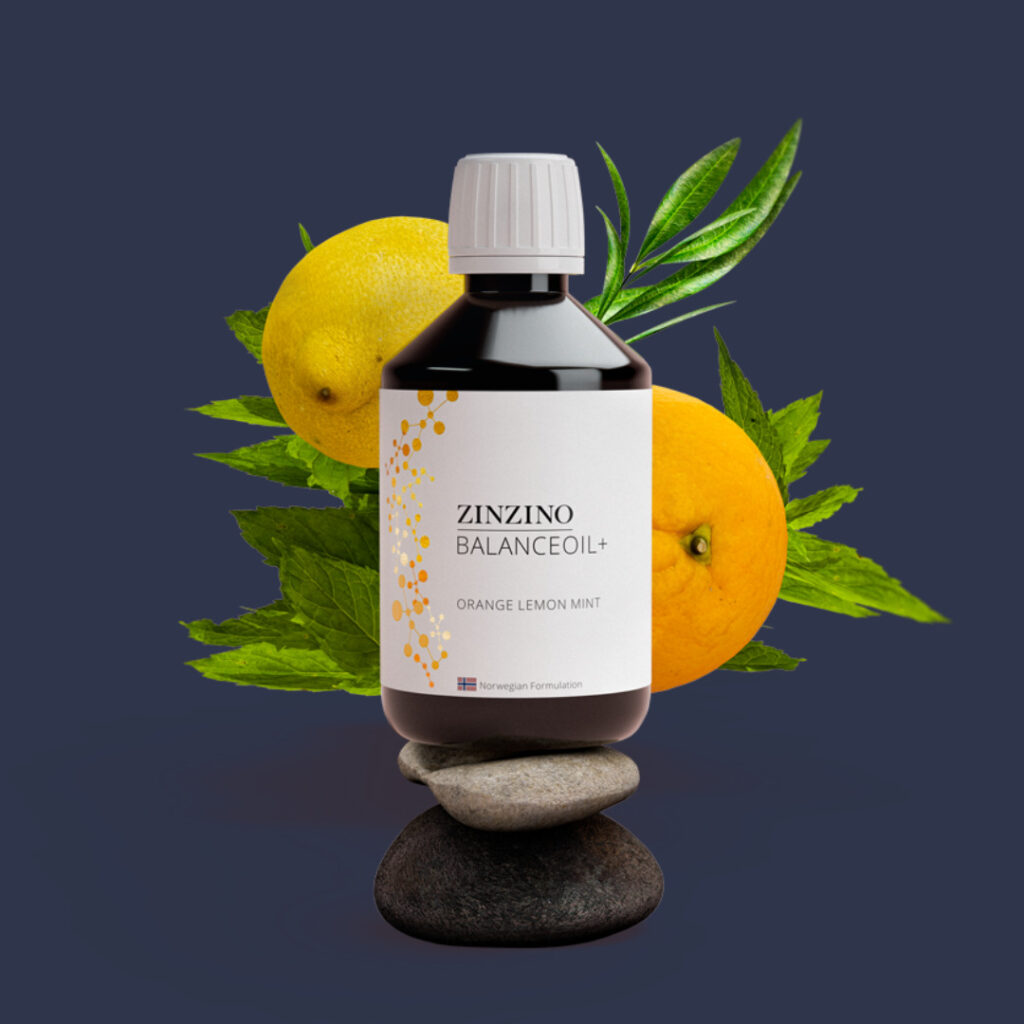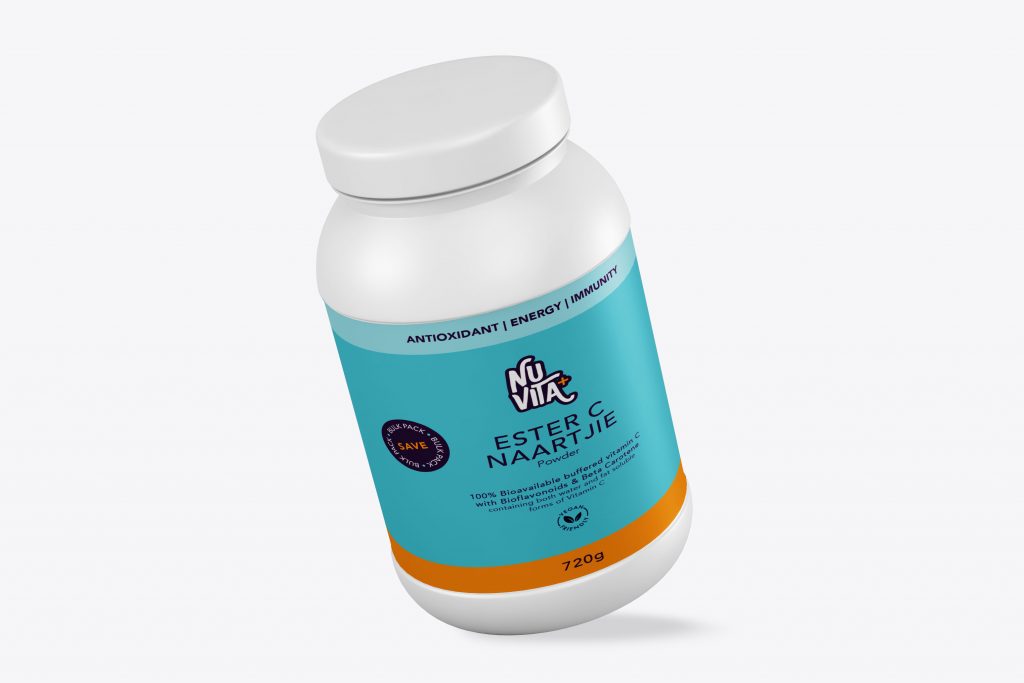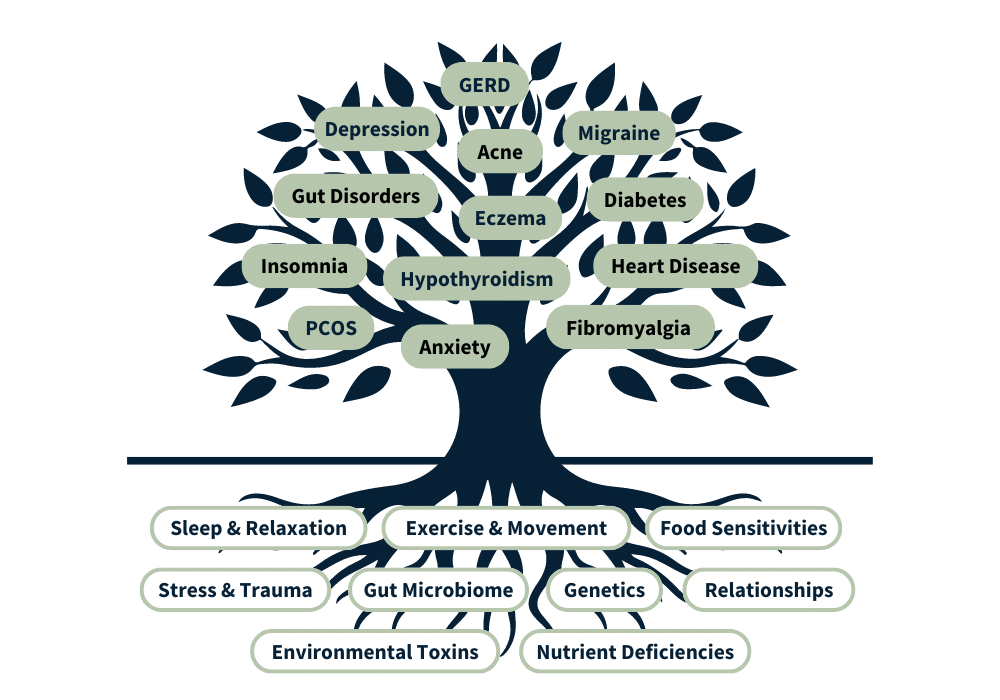Omega Oils
Omega-3 fatty acids are essential fats that the human body requires for various biological functions. They play an essential role in brain function, reducing inflammation, preventing heart disease, and supporting healthy skin and hair.
Omega-3 fatty acids are typically found in fish, seafood, flaxseeds, chia seeds, and nuts. However, most people do not consume enough omega-3s through their regular diet, and therefore, many turn to omega-3 supplements to improve their health.
In this article, we will compare the efficacy of the most popular omega-3 oils for optimizing health.
1. Fish Oils
Fish oil is one of the most popular sources of omega-3 fatty acids. It is derived from fatty fish such as salmon, mackerel, and sardines. Fish oil is rich in two types of omega-3 fatty acids, eicosapentaenoic (pronounced eicos-apentae-n-oic) acid (EPA) and docosahexaenoic (pronounced as do-cosa-hexaenoic) acid (DHA).
EPA and DHA have been found to have various health benefits, including reducing inflammation, improving heart health, and supporting brain function. Research has shown that consuming fish oil supplements can help reduce triglycerides, lower blood pressure, and reduce the risk of heart disease.
2. Krill Oil
Krill oil is a supplement derived from tiny shrimp-like creatures called krill. Krill oil is rich in EPA and DHA, just like fish oil.
However, some research suggests that krill oil may be more effective than fish oil in reducing inflammation and improving heart health. This may be due to the fact that krill oil contains a higher concentration of antioxidants, such as astaxanthin, which can help reduce oxidative stress and inflammation.
3. Algal Oil
3. Algal oil is a vegetarian source of omega-3 fatty acids, derived from algae. Algal oil is rich in DHA, but not EPA. However, the body can convert DHA into EPA as needed. Algal oil is an excellent source of omega-3s for vegetarians and vegans who do not consume fish or animal products. Research has shown that algal oil can help reduce inflammation, improve heart health, and support brain function.
4. Flaxseed Oil
Flaxseed oil is a vegetarian source of omega-3 fatty acids, derived from flaxseeds. Flaxseed oil is rich in alpha-linolenic acid (ALA), a type of omega-3 fatty acid that the body can convert into EPA and DHA as needed. However, the conversion rate of ALA to EPA and DHA is relatively low.
Research has shown that consuming flaxseed oil supplements can help reduce inflammation, improve heart health, and support brain function.
5. Cod Liver Oil
Cod liver oil is a supplement derived from the liver of cod fish. Cod liver oil is rich in EPA and DHA, as well as vitamins A and D. Vitamin A helps support healthy vision, while vitamin D helps support healthy bones. Cod liver oil has been found to have various health benefits, including reducing inflammation, improving heart health, and supporting brain function.
6. Conclusion
All of the above omega-3 oils have been found to be effective in optimizing health. However, the choice of which omega-3 oil to take will depend on individual preferences, dietary restrictions, and health concerns. Fish oil and krill oil are excellent sources of EPA and DHA, while algal oil is an excellent vegetarian source of DHA. Flaxseed oil is a vegetarian source of ALA, which can be converted into EPA and DHA as needed. Cod liver oil is a rich source of EPA and DHA, as well as vitamins A and D.








